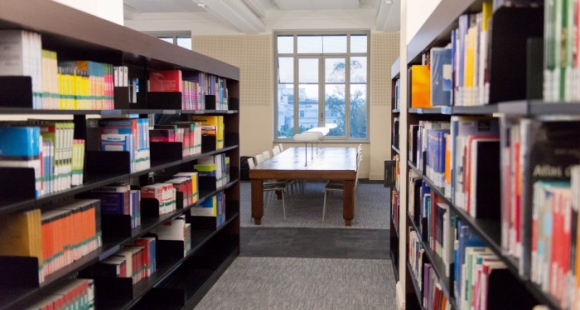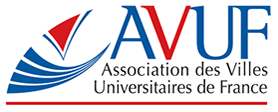
"Disparate means, different tax statuses, splintered publishing and distribution activities and fragile business structures." That is how the academic publishing association Aedres described scientific publishing at French universities in a 2014 report to the Ministry of Higher Education and Research.
Unlike their anglophone counterparts, the roughly 60 academic presses in France are largely unknown outside of research. Cédric Michon, director of Rennes University Presses (PUR), "Any efforts to reach the French general public have been made by private publishers." Now, certain university presses are following suit.
Open Book
When three universities joined to form Grenoble Alps University (UGA), "We had to figure out what to do with [the presses]. Either we had to abandon their editorial strategies or we had to expand them to include new multidisciplinary collections," explains Daniel Lançon, director of the resulting UGA Éditions. The publisher has international ambitions and wants to shirk the stereotype of having limited reach. Lançon adds, "We're also taking an open research approach to our periodicals.
Michon shares a similar vision. "Researchers aren't supposed to write for their colleagues and students alone. That's why we don't publish unedited theses." PUR is the top institutional scientific publisher in France with a staff of 20 and an editorial committee of representatives from its 12 partner universities.
Niche Literature
French law prohibits university presses from competing with private publishers since they receive government funding. They can only cover gaps in content. In contrast, American university presses may publish commercial books such as textbooks and dictionaries.
Yet Michon notes, "There has been a dramatic downturn among the private publishers that served as the foundation for works like biographies. Now we receive those manuscripts." Every year, PUR publishes over 280 works sold at 2,500 bookstores and 4,500 other stores. Michon reflects, "Even if it doesn't help us financially, it helps our image. What's more, we render a crucial service to French research."






